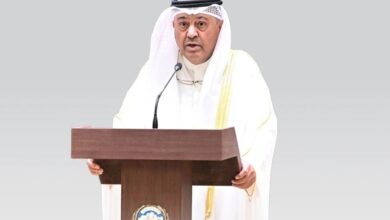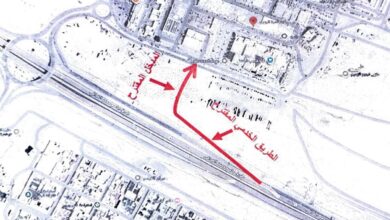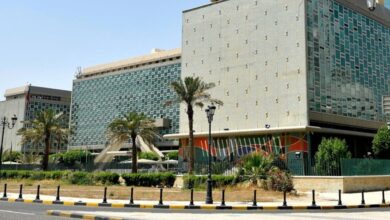Study highlights detrimental impact of drug abuse on society

The Youth Council study underscores the urgent need for comprehensive state intervention to address the escalating drug problem in Kuwait, particularly among young people.
Presented by four members of the Youth Council — Walid Khaled Al-Kandari, Abdul Rahman Khaled Al-Qasba, Latifa Saleh Al-Furaih, and Hessa Hamoud Al-Nawaif — the study titled “When Pain Meets Hope” highlights the detrimental impact of drug abuse on society and its correlation with increasing crime rates, including violent offenses committed by drug users.
The study identifies various factors contributing to the proliferation of drug abuse, such as the lack of entertainment options for youth, fragmented efforts in combating drugs, and legislative shortcomings.
Despite decades of anti-drug legislation, the number of drug users in Kuwait has surged in recent years, leading to a surge in drug-related crimes.
Notably, the study recommends the establishment of a specialized rehabilitation center equipped with international standards to diagnose, treat, and monitor drug addiction cases. It advocates for collaboration with foreign medical experts to enhance Kuwaiti medical personnel’s capabilities in addiction treatment.
Additionally, the study proposes leveraging technology to streamline the dispensing of psychotropic medications and strengthen drug control measures.
In the realm of media and public awareness, the study calls for targeted awareness campaigns through television, radio, and mosques to promote positive values and deter drug abuse. It emphasizes the role of religious institutions in fostering cultural and ethical awareness among the population.
Addressing the security aspect, the study advocates for the implementation of real-time mobile inspections to curb drug-related violence and traffic accidents.
It underscores the importance of enhancing coordination between government agencies and developing advanced investigative systems to combat drug smuggling effectively.
The study also emphasizes the need for legislative reforms, including distinguishing between drug abusers and legal addicts, treating drug addiction as a medical condition rather than a criminal offense, and imposing harsh penalties on drug traffickers.
Furthermore, it calls for enhancing youth engagement in sports and recreational activities to divert their attention from drug abuse. The study recommends increasing access to sports clubs and recreational facilities for adolescents and fostering partnerships with educational institutions and community organizations to promote healthy lifestyles among youth.
Ultimately, the study underscores the collective responsibility of society in combating drug abuse and protecting Kuwait’s youth from the devastating consequences of addiction. It calls for concerted efforts from government agencies, civil society organizations, and the public to address this pressing issue and safeguard the well-being of future generations.















